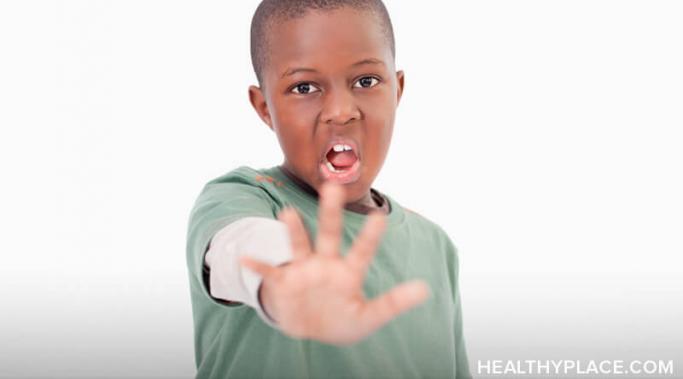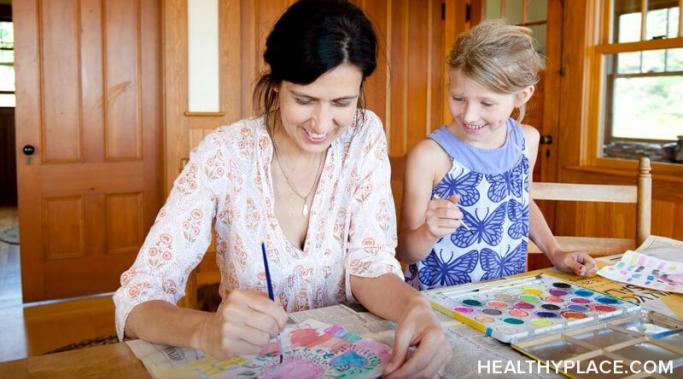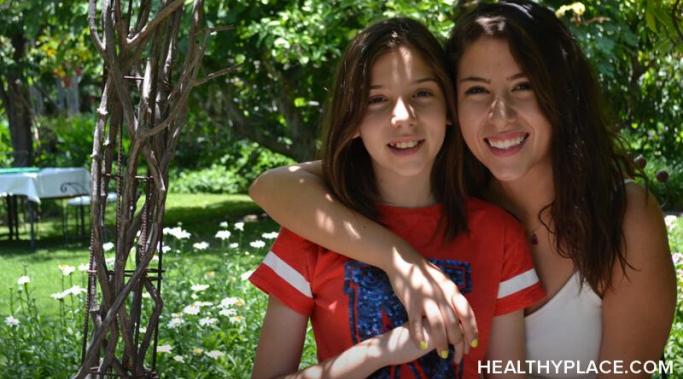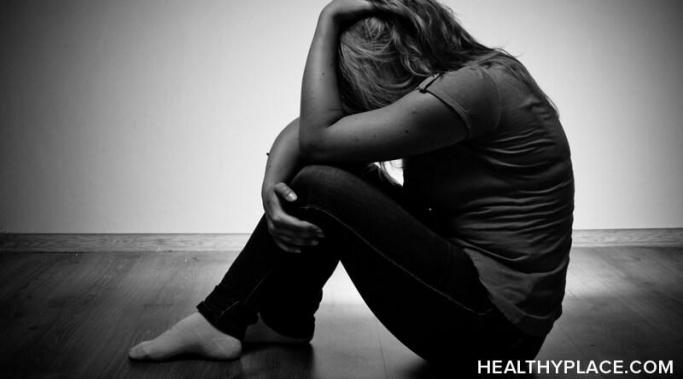When choosing a topic to write about for "Life with Bob," I usually like to try to pick just the right one, maybe even do some research to see what my readers are asking about on Google. This week, though, I can only think about one thing: my child with attention-deficit/hyperactivity disorder (ADHD) won't listen to me.
Parenting Videos
Like everything else in life, the risk factors for mental illness in children are impacted by both nature and nurture. Some of these risk factors I can do something about as a mother raising a child with mental illness, although some are out of my control. Accepting this has been one of the hardest parts of motherhood for me, but it's also been one of the most liberating.
One of the hardest parts of parenting a child with mental illness is watching my kid behave disruptively or throw a larger-than-life tantrum and wondering, "Would this be happening if I were a better mom? Is my child's mental illness a result of my poor parenting?"
There are many repetitive, sometimes less than pleasant habits that come with my child's attention-deficit/hyperactivity disorder (ADHD), and excessive talking is one of them. It's one that I have a particularly hard time tolerating because he has so much to say all the time. Point blank; it can be exhausting for me. I have to remember, though, that everyone has a reason for doing what they do, even things I don't like. Understanding why my child talks excessively and what his ADHD has to do with it is a huge step towards patiently and constructively handling this habit.
One afternoon, I talked to a friend after work about the disconnection I've been feeling lately with my child. My kid argues with almost everything I say (at least, it feels like everything), he never stops talking or moving, and he's been having problems at school. Sometimes I feel like I'm losing control of the situation because I'm not always sure what to do about my child's mental illness, much less how to treat it. What my friend asked me next was, "Have you tried coloring with him?"
Life is tough when your child has a mental illness. It gets even tougher when you do, too.
You might be thinking, "Wait, what did you just say? You're okay with your child having a mental illness? How could you say such a thing?" It's true, though. I am okay with my child having a mental illness. I have a lot of reasons to feel that way, and I think if more parents could take this attitude, life would be easier for everyone.
Because of the COVID-19 pandemic, my local school system has closed until further notice. The problem is, I still have a child with attention-deficit/hyperactivity disorder (ADHD) at home who needs to learn, grow, and stay busy. I still have a full-time job and a pile of bills that aren't going anywhere. And I still wrestle with a lot of depression and anxiety that makes it difficult to hold everything down without the reprieve of an eight-hour school day. So what's the trick? How have I learned to take care of my child's ADHD, education, and all of my other responsibilities in the face of such unpredictable school closures?
Once again, I'm going to admit something that's difficult to bring up because that's what Life with Bob is all about--transparency and honesty. So here goes: sometimes I feel burned out parenting a child with mental illness. I have found ways to cope, but parental burnout has still lodged its way into my life and my family's lives. It's affected the relationship I have with my son and the relationship I have with myself. What is parental burnout, and what can you do about it when you have a child with mental illness?
Parents can advocate for mental health care improvements for our children with mental illness, and we're in in a unique position to do so. As we travel through America’s broken mental healthcare system, our voices can help shine a light on problems and advocate for mental health care changes that would help our children in their quest for mental stability.









